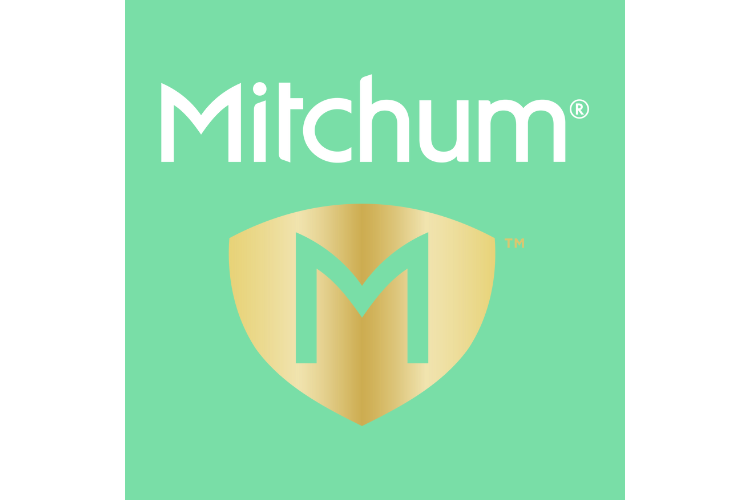The Official Wellness Partner of AJ Bell Great Run Series, Solgar combines the best of science and nature to create the finest nutritional supplements using only the best, responsibly-sourced raw ingredients. With a commitment to quality, health and wellbeing that goes beyond 75 years, each Solgar product is designed around what your body needs – not what’s trending.
Ian Marber is one of the most experienced and well-regarded nutrition therapists in the UK. He is a best-selling author, award winning health writer and consultant and is known for his practical and balanced approach. He now also works as an ambassador and advisor to Solgar.
With 30+ years of industry experience, Paul Chamberlain leads the Nestlé Health Science category development & product training team across a range of supplement brands, including Solgar. With an MSc in Sport and Exercise Nutrition, Paul has a passion for helping people achieve their health and wellness goals as well as being a keen runner who enjoys applying sports nutrition principles to his own training and racing.
There was a time when turmeric was mostly found in curries, but more recently you’ll find it in juices, lattes, and smoothies.
Its inclusion goes far beyond the distinctive colour and flavour, not least because of its potential role in managing inflammation, a significant factor in a wide variety of serious health complaints, including heart disease, deteriorating cognitive function, type 2 diabetes, asthma, and prostate issues.
Like all plants, turmeric contains several polyphenols, an umbrella term for some 8000 plant chemical compounds that offer many potential health benefits, ranging from antioxidant capabilities to offsetting the inflammatory response. Tumeric contains seven polyphenols, but the one most relevant in inflammation is curcumin.
There is a catch though, as curcumin comprises just 5 percent of the turmeric, so a pinch or two of turmeric in the occasional curry or juice won’t do much, and you’d have to ingest very large amounts to get to a level of curcumin that might effectively reduce inflammation.
All of this means it’s very difficult to get the required large quantities of curcumin from food alone, although using turmeric in food will of course contribute to overall intake. In most cases, the best way to enjoy the inflammatory and antioxidant properties is to take curcumin in supplement form.
You can have too much of a good thing, so don’t exceed the recommended intake as turmeric and curcumin may thin the blood. If you’re taking any blood thinning medication, or indeed supplements like omega 3, the appropriate medical advice needs to be taken before starting a new regime.
For more information and advice on supplements visit the Solgar Wellness Hub here.























